Eight cowpea seeds sent by the Indian Space Research Organisation (ISRO) aboard the PSLV-C60 POEM-4 platform are seen, which have germinated under microgravity conditions within four days of the launch of the mission. The space agency sent eight cowpea seeds as part of the Compact Research Module for Orbital Plant Studies (CROPS) experiment conducted by the Vikram Sarabhai Space Centre (VSSC) to study plant growth in microgravity conditions. (Photo: PTI)
NEW DELHI (PTI): ISRO has said that the cowpea seeds it had sent to space onboard the PSLV-C60 POEM-4 platform have germinated under microgravity conditions within four days of the launch of the mission.
The space agency sent eight cowpea seeds as part of the Compact Research Module for Orbital Plant Studies (CROPS) experiment conducted by the Vikram Sarabhai Space Centre (VSSC) to study plant growth in microgravity conditions.
"Life sprouts in space! VSSC's CROPS experiment onboard PSLV-C60 POEM-4 successfully sprouted cowpea seeds in 4 days. Leaves expected soon," ISRO said in a post on X on Saturday.
The PSLV-C60 mission placed two SpaDeX satellites in orbit on the night of December 30. The fourth stage of the rocket carrying the POEM-4 platform has been orbiting the earth with 24 onboard experiments at an altitude of 350 km since Tuesday.
The CROPS experiment aims to understand how plants grow in the unique conditions of space, which is essential for future long-duration space missions.
The experiment involves growing eight cowpea seeds in a controlled environment with active thermal regulation, simulating conditions that plants might encounter during extended space travel.
CROPS is envisioned as a multi-phase platform to develop and evolve ISRO's capabilities for growing and sustaining flora in extraterrestrial environments.
Designed as a fully-automated system, a five to seven-day experiment has been planned to demonstrate seed germination and plant sustenance until reaching the two-leaf stage in a microgravity environment.
The cowpea seeds have been placed in a closed-box environment with active thermal control.
Passive measurements, including camera imaging, oxygen and carbon dioxide concentrations, relative humidity, temperature, and soil moisture monitoring, are available for plant growth and monitoring, the space agency said.
ISRO also posted a separate "selfie video" of the chaser satellite of the space docking experiment that is orbiting the earth at an altitude of 470 km.
The chaser satellite is expected to dock with the target satellite in space on Tuesday – a feat that would make India only the fourth country to master this cutting-edge technology after Russia, the US and China.
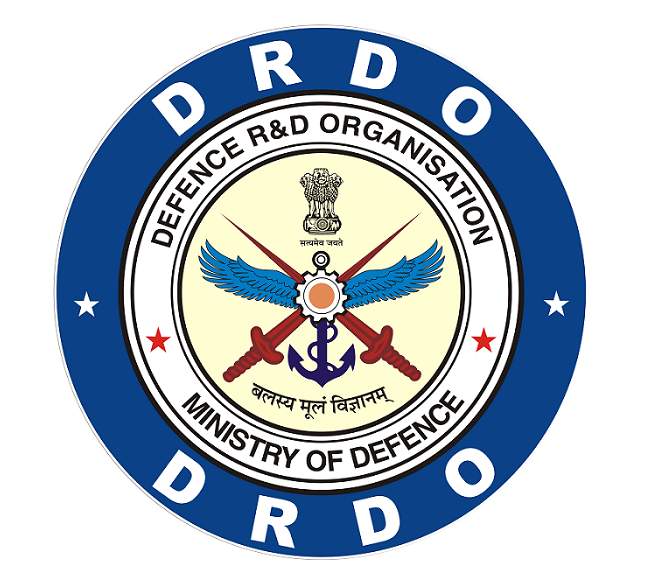 Previous Article
Previous Article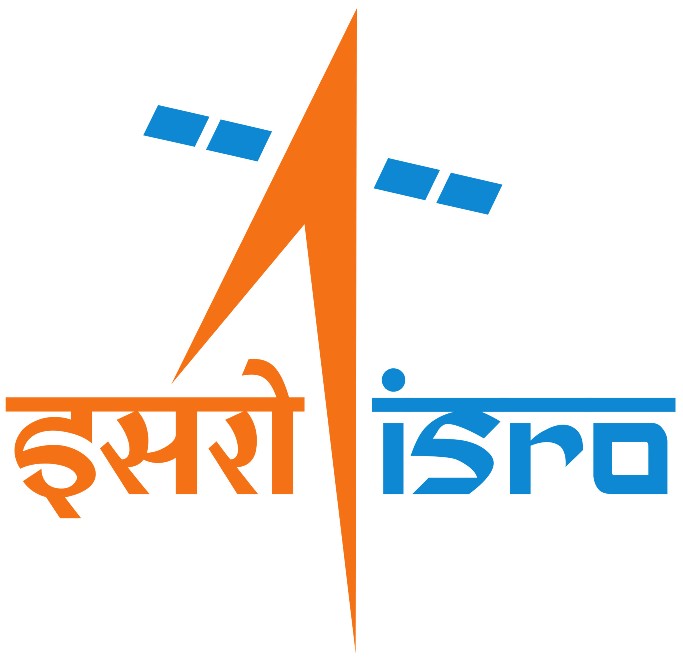 Next Article
Next Article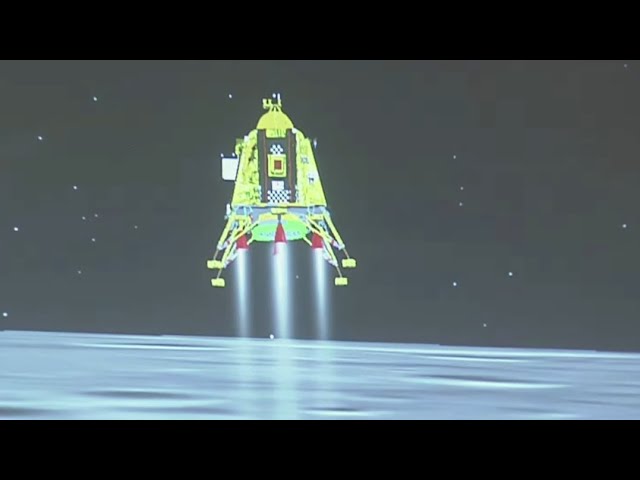
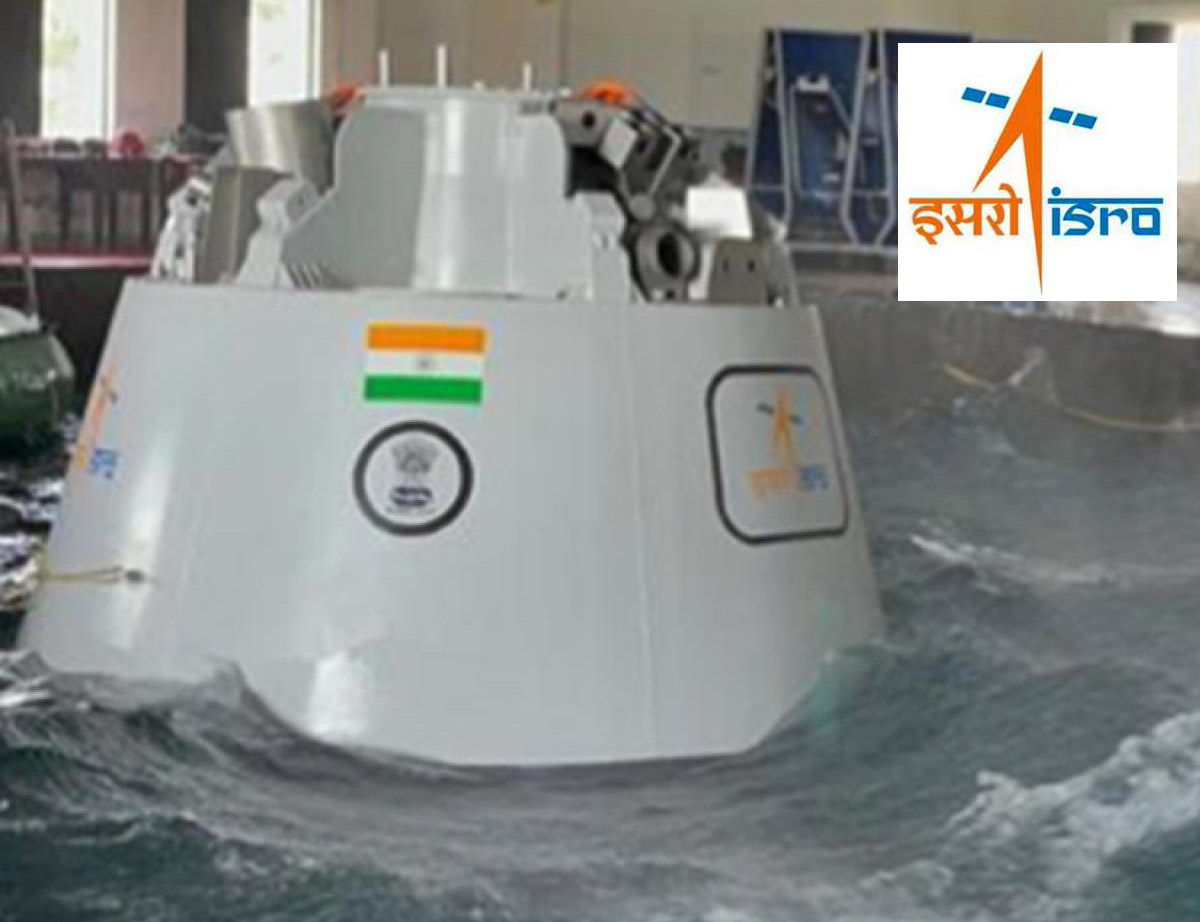
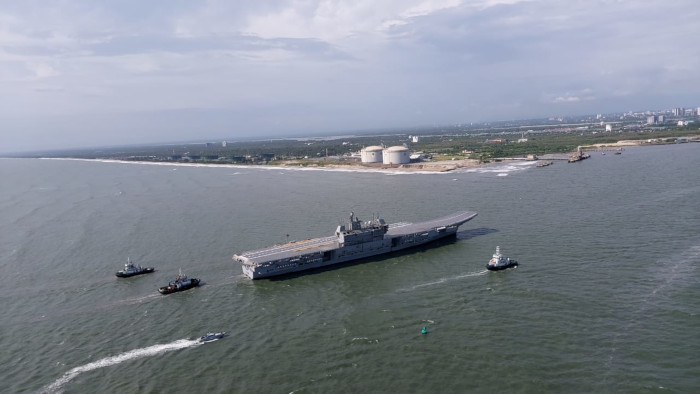
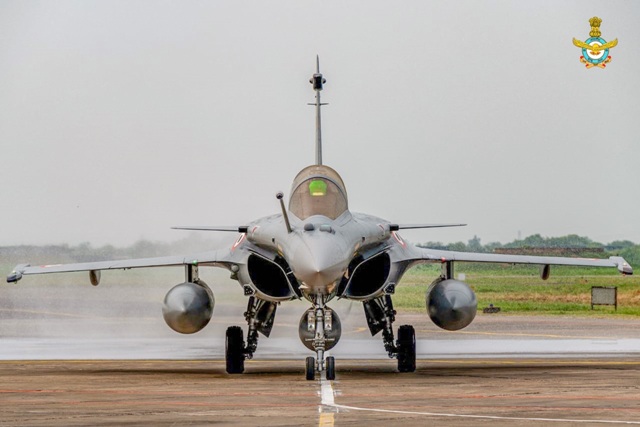




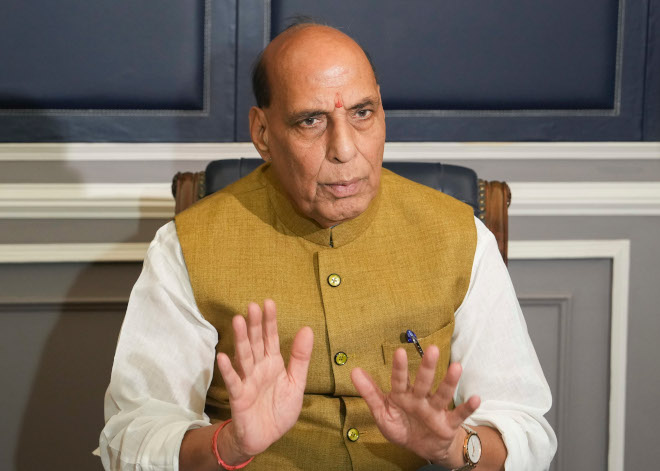





The Indian Air Force, in its flight trials evaluation report submitted before the Defence Ministry l..
view articleAn insight into the Medium Multi-Role Combat Aircraft competition...
view articleSky enthusiasts can now spot the International Space Station (ISS) commanded by Indian-American astr..
view article